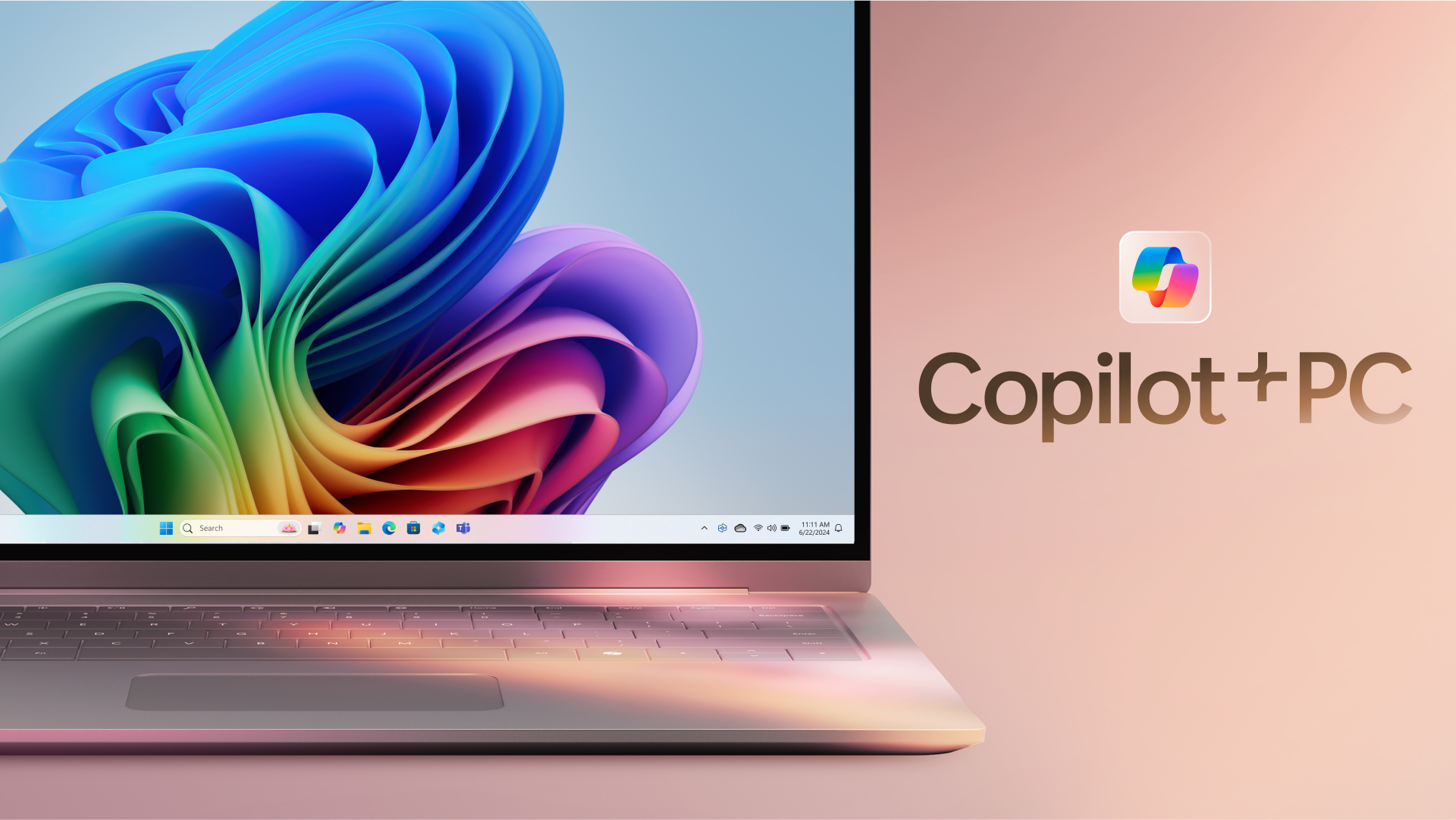In a quick move in order to integrate generative AI into the core of its operating systems, Microsoft has announced a new range of Windows machines dubbed Copilot+ PCs, that are powered by the company’s Artificial intelligence chatbot, Copilot. This announcement was made during a keynote presentation today, at Microsoft’s annual developer conference, Build 2024. The event’s keynote, hosted by the company’s CEO Satya Nadella, kicks off from today.
Microsoft and its AI aspirations with the Microsoft Copilot+ PCs

The new Copilot+ PCs are designed to be AI-first flagship devices, equipped with dedicated Neural Processing Units (NPUs) to support advanced AI functionalities. One of the standout features is Recall, a generative AI-powered tool that assists users in locating previously viewed apps, files, and other content.
This is part of Microsoft’s broader initiative to embed its Copilot generative AI more deeply into the Windows 11 experience.Accompanying the announcement of the new PCs, Microsoft also revealed upcoming releases of new Surface devices. These products aim to showcase the seamless integration of AI capabilities within the Windows ecosystem.
The first wave of the Copilot+ PC will feature Qualcomm’s Snapdragon X Elite and Plus chips, promising up to 15 hours of web browsing and 20 hours of video playback on a single charge. In addition to Qualcomm, chipmakers Intel and AMD have committed to developing processors for these AI-focused devices. These partnerships extend to a variety of manufacturers, including Acer, Asus, Dell, HP, Lenovo, and Samsung, ensuring a diverse range of Copilot+ PCs.
Pricing details

These new devices come with a minimum of 16GB of RAM and solid-state drive (SSD) storage to support their advanced capabilities. The starting price for Copilot+ PCs is set at $999 (Rs.83,218), with some models already available for preorder. By spearheading the integration of generative AI into its hardware, Microsoft aims to revolutionize the user experience on Windows PCs, setting a new standard for personal computing.

